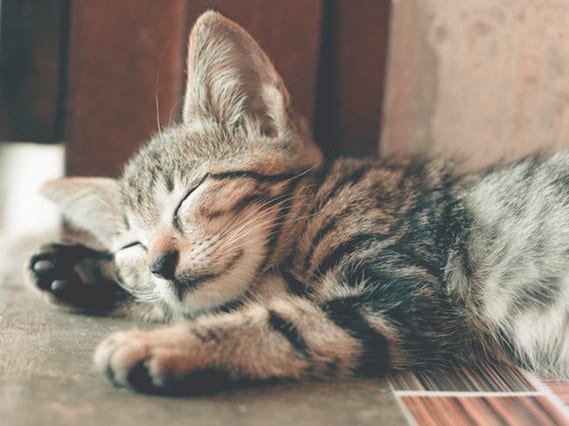Garlic: China’s First Cloned Cat
$35,000 and seven months was all it took for Huang Yu to have his beloved Garlic, his beloved British shorthair cat, back in his life. Well, sort of.
Garlic is China’s first cloned cat. After Garlic passed away, Huang contacted Sinogene, a commercial pet-cloning company based in Beijing, China. Sinogene began cloning pets in 2015 and, according to The New York Times, and to date has cloned more than 40 dogs at a cost of $53,000 each.
While pet cloning is not confined to China, the country’s ability to clone a variety of animals solidifies China’s “position among major cloning nations, which include the United States, Britain and South Korea,” and may eventually lead to pet cloning becoming a viable business in the “pet-obsessed” country.
To clone Garlic, Sinogene employees extracted skin cells from the dead cat’s body, which scientists then implanted into eggs harvested from other cats. Ultimately 40 cloned embryos were implanted into four surrogate mother cats. Three implantations resulted in pregnancies, two of which were miscarriages.
As with almost any technological break through, there is controversy, particularly when it comes to ethics and cruelty. For example, Jessica Pierce, a bioethicist at the University of Colorado Denver argues that using cats as surrogate mothers for these clones is “similar to the harm that you would impost on a woman whose only purpose in life is to be a breeding machine for a man.”
It’s also not capable of producing carbon copies of the source pets, at least not yet. In this instance, the clone is missing a distinct patch of black fur on the chin. “If I tell you I wasn’t disappointed, then I would be lying to you,” Huang said. “But I’m also willing to accept that there are certain situations in which there are limitations to the technology.”
Read more here.














